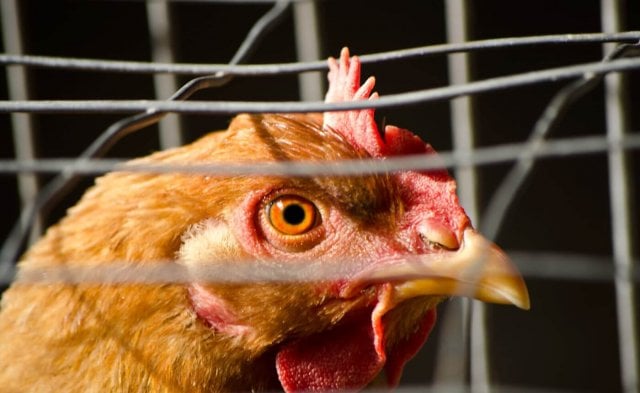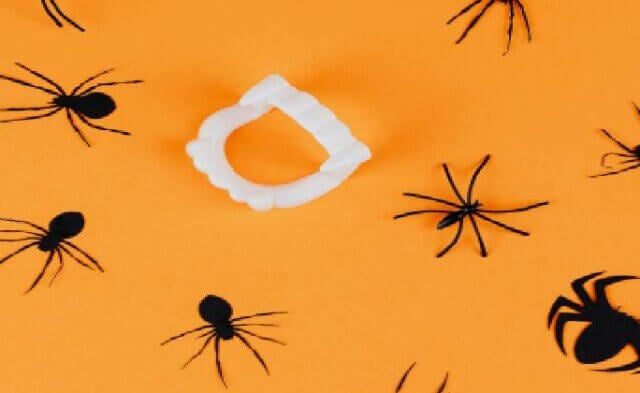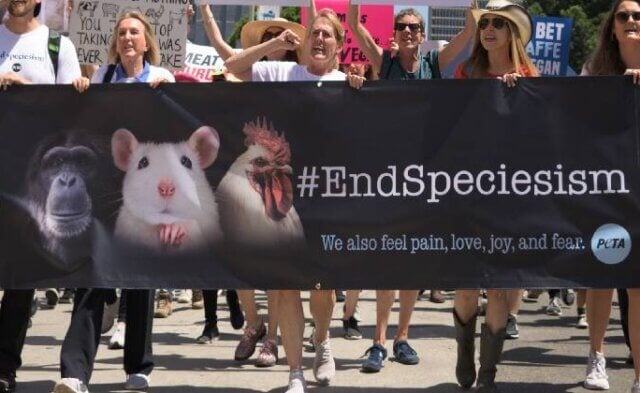Augustus Club: PETA has been cited as the most popular social-change organization among young people. In your opinion, why does PETA connect with young people more successfully than other organizations?
Marta Holmberg: Early on, we recognized the importance of reaching young people, and we decided to dedicate an entire division of PETA to doing just that.
We really pay attention to what young people like and what they do. We create “missions” that we think will appeal to them. We make things fun.
Also, we always respond whenever they contact us. If they tweet us, we tweet back. If they text us, we text back. We try to make interacting with peta2 seem like hanging out with a friend. And we always answer their questions. That kind of thing makes a huge difference. Kids have told us that they feel valued by us—like they’re part of our team, instead of feeling like anonymous people interacting with a faceless organization.
Another key to our success is that we’re everywhere—all the places, both real and virtual, where young people spend time. We text them on their phones; we table at concerts; we visit college campuses, high schools, and elementary schools; and we’re on Instagram, Facebook, and Twitter.
AC: Describe a facet of your job that makes you especially happy.
MH: I love seeing all the messages every day from young people telling us how much peta2 has motivated them to make changes in their lives. We get tweets telling us that they just went vegan or just read some peta2 literature and it changed the way they thought about leather, animal experimentation, or circuses.
AC: What originally brought you to PETA?
MH: In college, I came across a business card with information on ordering a free vegetarian/vegan starter kit from PETA, so I ordered one. I was already vegetarian, but I didn’t know that mother cows become sick and lame on dairy farms or that the male calves are taken away from their mothers shortly after birth and raised for veal. After reading the starter kit, I went vegan.
Then I went to PETA.org and from there to the peta2 website, where I joined the Street Team. After college, I interned with PETA. During my internship, I saw a job posting for an assistant Street Team coordinator, so I applied and was hired in 2006. And I haven’t looked back!
AC: What is your proudest accomplishment during your time at PETA?
MH: I’m very proud to have been one of the creators of PETA’s Vegan College Cookbook.
During the tour to promote the book, I traveled to college campuses all over the country and did cooking demonstrations with only a microwave. It was fun to show people how easy it is to cook vegan meals anywhere—even in a dorm room. (It was not fun, however, lugging the microwave from cab to cab while visiting colleges in New York!)
We got a lot of positive feedback from students who said that the cookbook really helped them go vegan, which was so rewarding.
AC: Are there any personal anecdotes about PETA that you would like to share with our Augustus Club members?
MH: Not only is PETA responsible for giving me a more fulfilling career than I ever could have imagined, it also introduced me to my husband. I met Scott Brewer five years ago in PETA’s Literature Department (where he still works). Now we’re married, and we share our home with the world’s three best cats. Thank you, PETA! And I also want to thank all our caring and generous Augustus Club members, without whom there would be no PETA for me to thank!
This article was originally published in PETA’s Augustus Club newsletter. PETA’s Augustus Club is a complimentary club honoring those who are leaving a legacy for animals through a planned gift to PETA. If you have made a planned gift to PETA, please let us know so that we can thank you! If you have not yet left a legacy for animals but would like information on how to do so, please contact us.





